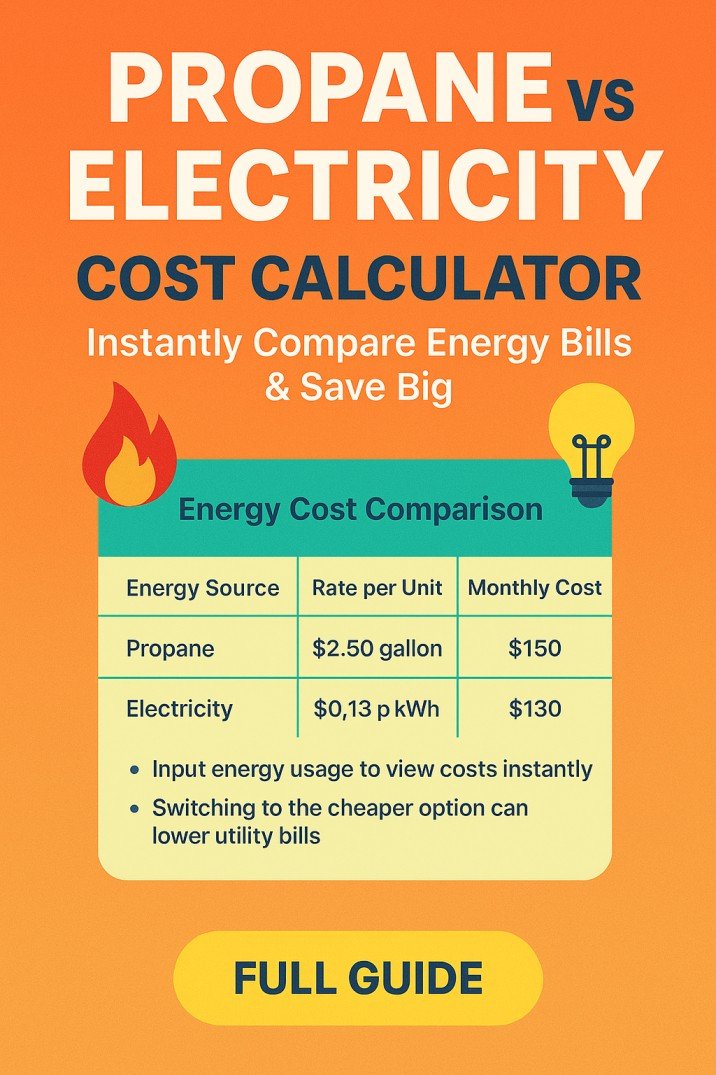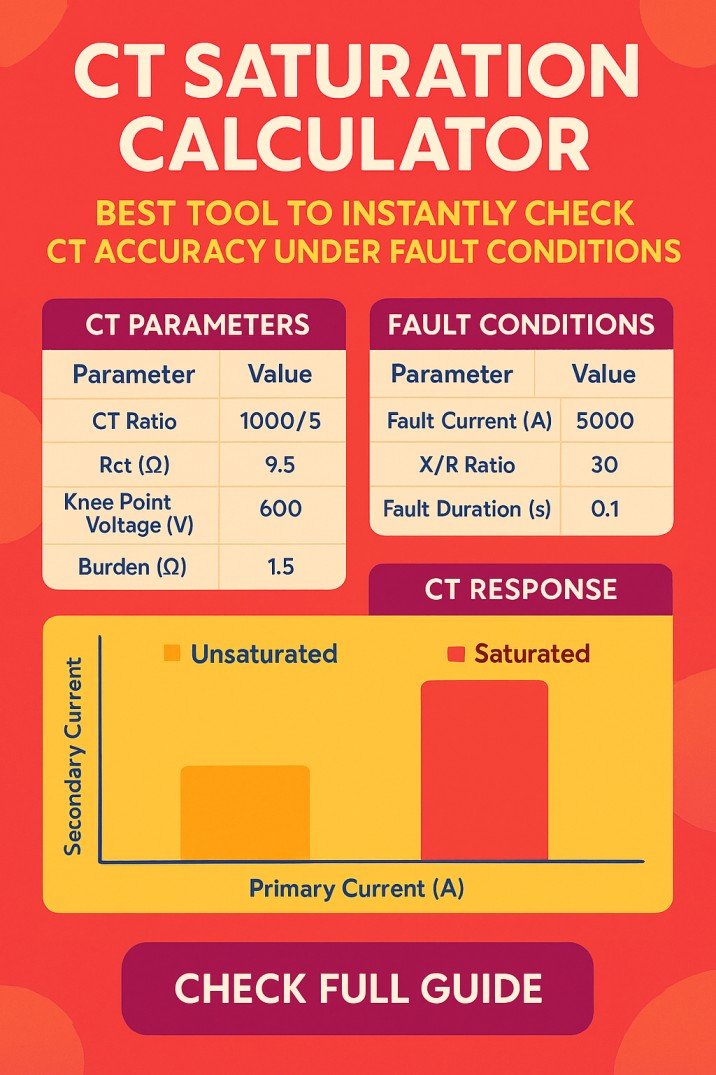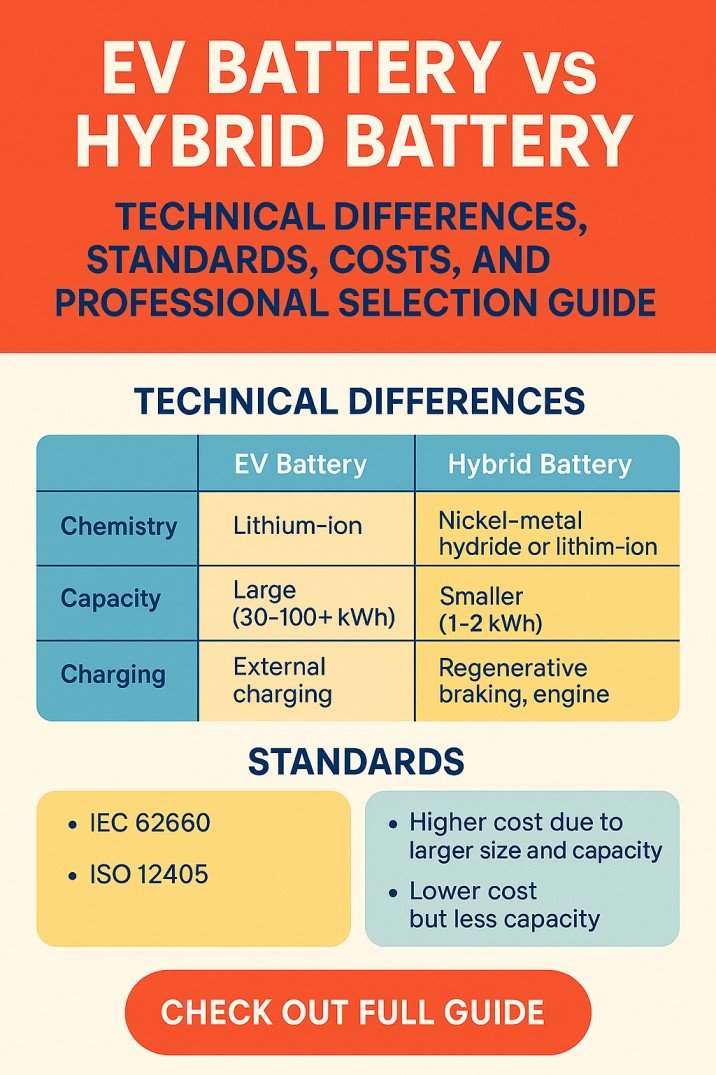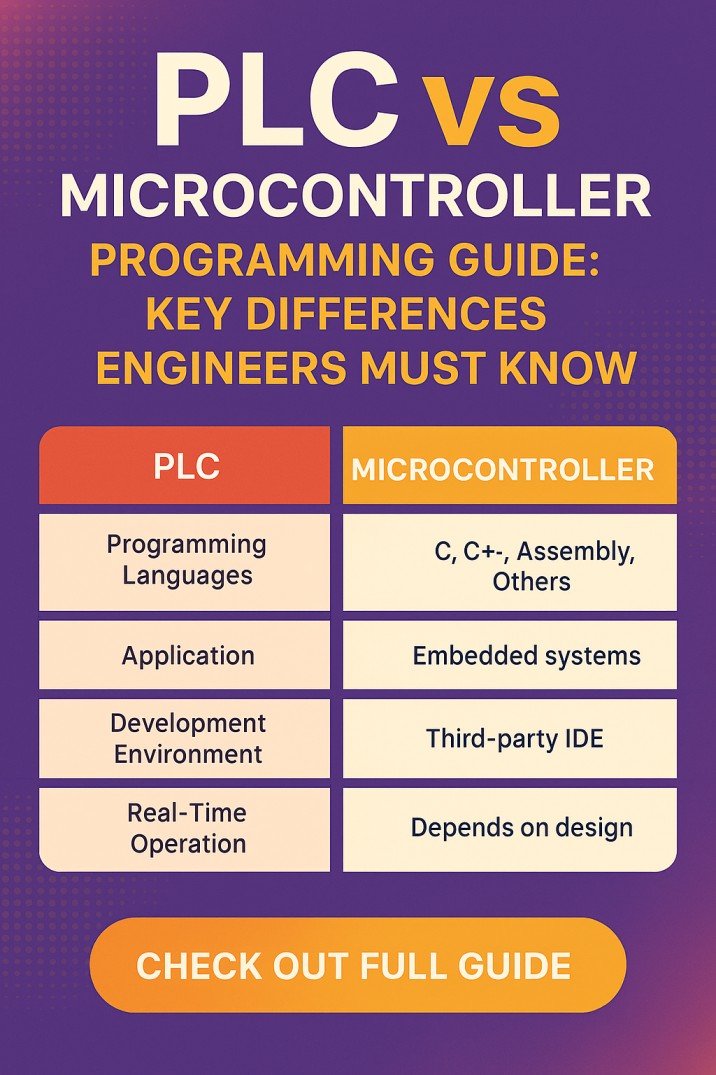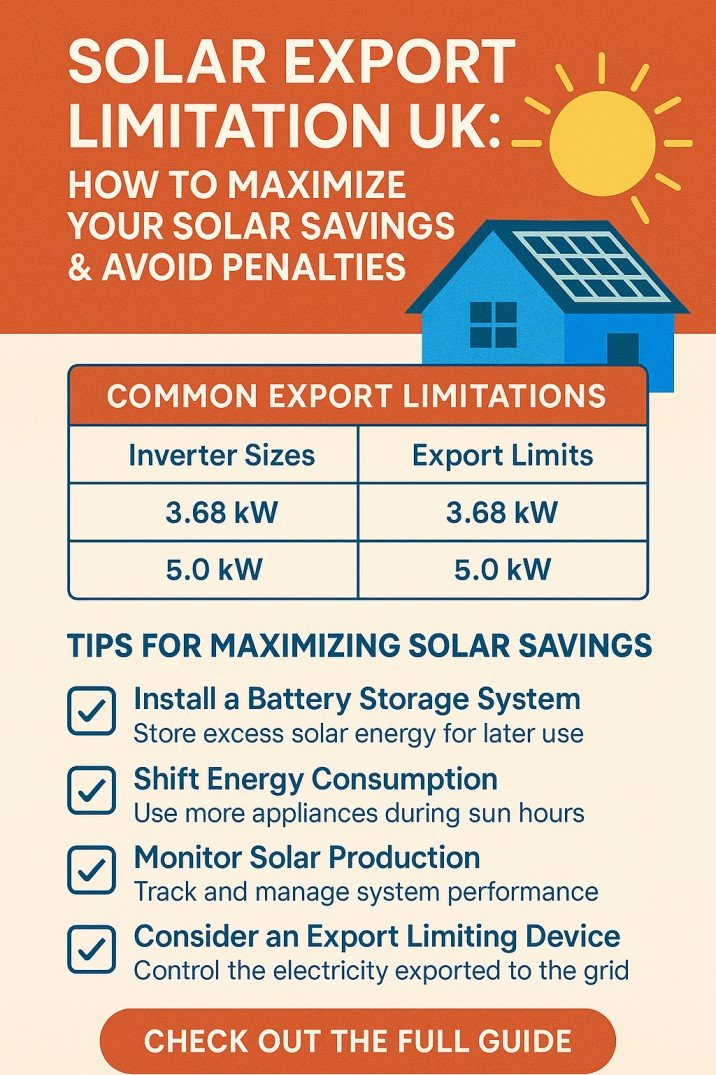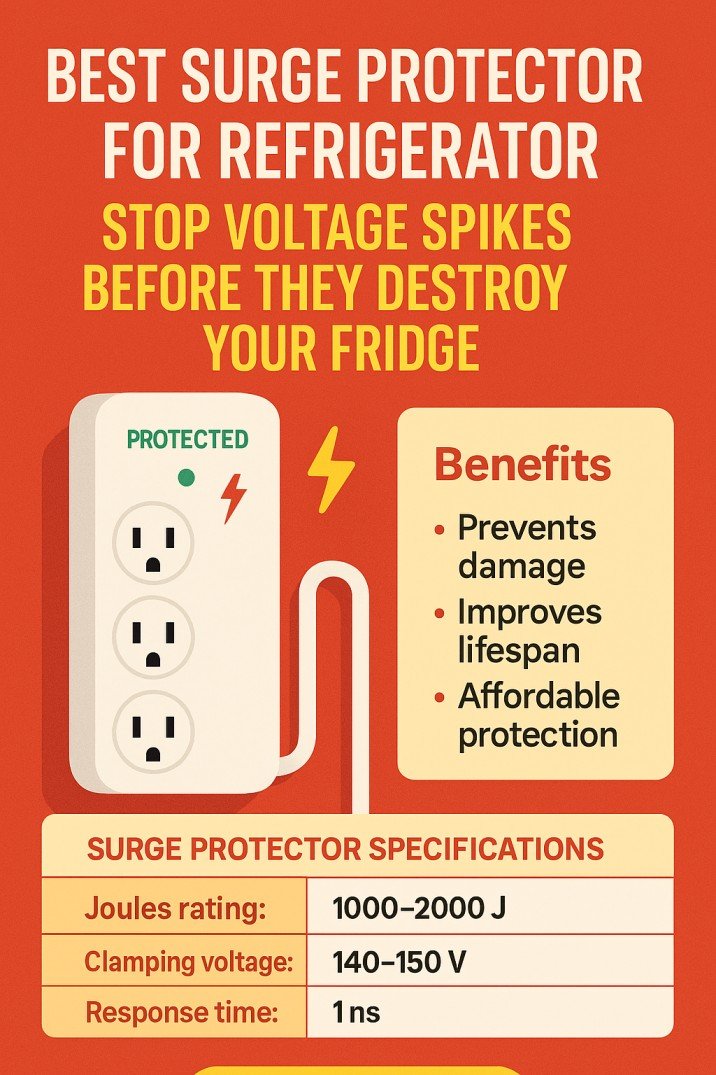What are the Electrical Standards and Regulations in Brazil?
Electrical systems are the backbone of every modern country, and Brazil is no exception. From residential buildings to industrial plants, safe and reliable electricity supply is critical. To achieve this, Brazil has developed strict codes that govern how electrical installations are designed, built, and maintained.
These rules ensure not only efficiency but also public safety, reducing risks of accidents, fires, or power failures. Businesses and professionals working with electrical projects in Brazil must understand these requirements to operate legally and safely. If you are working in the sector, you also need to be aware of related financial considerations like Electrical Contractor Insurance Cost Per Month in Brazil, which links compliance with economic protection.
Table of Contents
Table of Contents
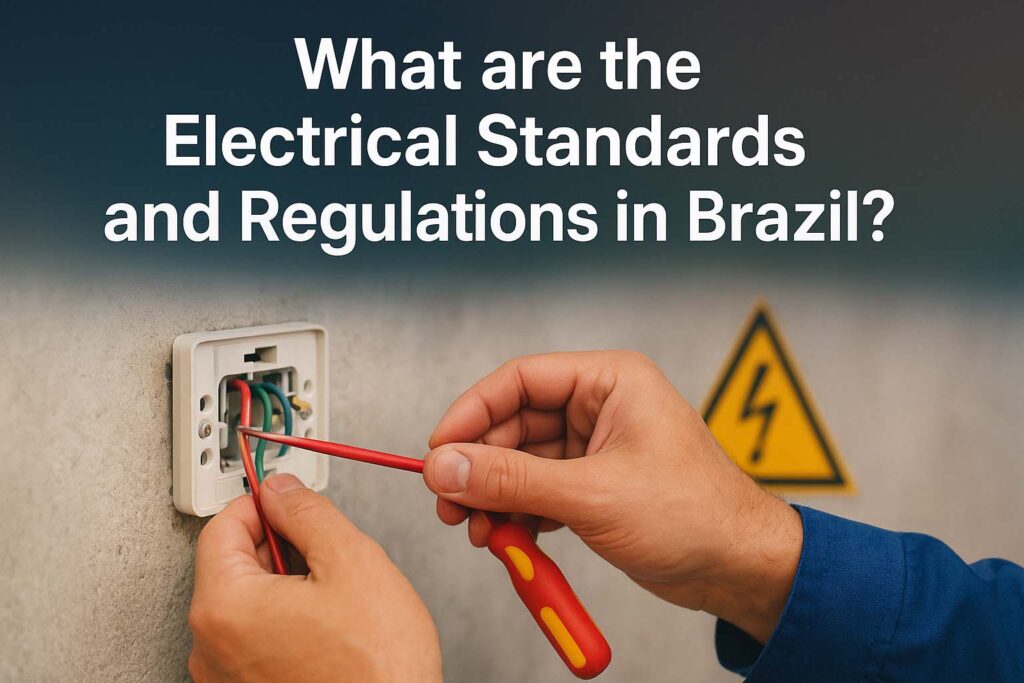
Brazil’s electrical standards are shaped by a combination of international best practices and domestic policies. The country relies heavily on the Brazilian Association of Technical Standards (ABNT), which establishes regulations for everything from wiring to grounding. Unlike many countries where electrical systems are more uniform, Brazil has some unique challenges, including regional differences in voltage and frequency. This makes understanding the standards even more important.
In addition, Brazil follows national laws such as the Regulatory Norms (Normas Regulamentadoras, or NRs), which set out safety rules for workplaces. These are enforced by the Ministry of Labor and Employment. Together, ABNT standards and government regulations form a comprehensive framework that electricians, contractors, and companies must follow.
Key Takeaways
- Brazil uses ABNT NBR 5410 and NBR 14039 as its main electrical installation standards.
- The country enforces workplace electrical safety through Regulatory Norms (NR-10).
- Regional voltage differences (127V and 220V) create unique compliance needs.
- Electrical regulations in Brazil protect both people and property from risks.
- Contractors must also consider insurance to remain fully compliant and financially secure.
Importance of Electrical Standards and Regulations in Brazil
Electrical standards and regulations in Brazil are essential because they safeguard life, property, and infrastructure. Poorly installed or outdated electrical systems can lead to fires, electrocution, and economic losses. In a country where both urban and rural areas rely heavily on electricity, enforcement of these rules minimizes downtime and ensures energy efficiency.
Know more about IEC Standard for DC Cable Sizing – Complete Technical Guide
For construction companies, adherence to these rules is not optional. It is mandatory and often checked during inspections and licensing processes. Contractors who ignore these standards may face penalties, loss of licenses, or even criminal charges in case of accidents. The standards also provide a uniform framework that helps engineers, architects, and electricians coordinate work effectively.
Main Governing Bodies for Electrical Standards in Brazil
The ABNT (Associação Brasileira de Normas Técnicas) is Brazil’s central institution for technical norms. It publishes detailed documents covering all aspects of electrical systems, including low-voltage and medium-voltage installations.
Another key player is the Ministry of Labor and Employment, which issues Normas Regulamentadoras (NRs). Among these, NR-10 specifically addresses electrical safety in the workplace. These regulations are legally binding and often more detailed than ABNT standards when it comes to occupational safety.
Finally, the National Electric Energy Agency (ANEEL) also plays a role. It regulates energy distribution and grid standards, ensuring that local utilities follow safe and efficient practices. Together, these organizations shape the framework of electrical standards and regulations in Brazil.
Key Electrical Standards in Brazil
The most critical technical documents governing electrical installations are:
1. NBR 5410 – Low Voltage Electrical Installations
This standard applies to residential, commercial, and light industrial buildings. It covers voltages up to 1,000V in alternating current. Key requirements include:
- Proper circuit dimensioning
- Mandatory grounding systems
- Use of protective devices such as circuit breakers and residual-current devices (RCDs)
- Clear labeling and color coding for wiring
Know more about IEC Standard for DGA Analysis – Complete Technical Guide
2. NBR 14039 – Medium Voltage Installations
This standard governs systems between 1 kV and 36.2 kV. It applies to larger industrial plants, commercial facilities, and utility connections. It covers equipment like transformers, substations, and switchgear.
3. NR-10 – Safety in Electrical Installations and Services
This regulatory norm requires training for workers, use of personal protective equipment (PPE), and detailed safety protocols. NR-10 is one of the most important occupational health and safety regulations in Brazil and applies to any employee who deals with electricity.
Table: Comparison of Key Electrical Standards in Brazil
| Standard/Regulation | Scope | Application | Key Focus |
|---|---|---|---|
| NBR 5410 | Up to 1,000V (low voltage) | Homes, offices, small industries | Wiring, grounding, protection |
| NBR 14039 | 1 kV to 36.2 kV (medium voltage) | Large industries, substations | Equipment safety, system design |
| NR-10 | Workplace electrical safety | All sectors | Training, PPE, risk control |
Voltage and Frequency Standards in Brazil
One of the unique features of Brazil is its dual voltage system. Some regions use 127V while others use 220V, both at a frequency of 60Hz. This creates challenges for equipment manufacturers and contractors. Electrical standards in Brazil address this by requiring clear labeling of outlets and ensuring that appliances match the local voltage.
For safety, NBR 5410 mandates the use of polarized plugs and sockets. In addition, grounding systems are strictly regulated to protect users in case of faults. Businesses installing electrical equipment must verify the local standard voltage before finalizing their design.
Know more about IEC Standard for Battery Charger – Complete Technical Guide
Workplace Safety and Training Requirements
The NR-10 regulation is not only a guideline but a legal requirement. It states that every worker who interacts with electricity must undergo official safety training. This includes both theoretical and practical modules. Refresher courses are required every two years.
Employers are responsible for providing appropriate PPE, such as insulated gloves, helmets, and safety boots. Companies must also implement risk management programs and maintain detailed records of inspections and incidents. Failure to comply with NR-10 can result in heavy fines or work stoppages.
Grounding and Protection Systems
Grounding plays a vital role in electrical safety in Brazil. NBR 5410 outlines clear rules for earthing methods, ensuring that any fault current is safely discharged into the ground. Protective devices like circuit breakers and residual-current devices are mandatory in most installations.
Industrial facilities often use advanced grounding networks due to the presence of large machinery and sensitive equipment. Compliance with these grounding requirements reduces equipment damage and improves system reliability.
Energy Efficiency Standards
Electrical standards in Brazil are not only about safety but also about energy efficiency. ABNT and ANEEL promote rules that encourage efficient wiring systems, proper load distribution, and the use of certified equipment. Buildings must follow design principles that minimize energy loss.
Know more about IEC Standard for Differential Protection
The Brazilian Labeling Program (PBE) also plays a role. It rates appliances for energy efficiency, similar to international systems like ENERGY STAR. Using efficient equipment is often required in new construction projects to meet local codes.
Inspection and Certification
Electrical installations in Brazil often require inspection before they are approved for use. Certified engineers or inspectors evaluate the project against NBR standards and NR-10 compliance. Only after passing inspection can a building or facility receive authorization to connect to the power grid.
Large industrial plants must also undergo periodic re-inspections to ensure continued compliance. Insurance companies often require up-to-date inspection reports before offering coverage. This ties directly to financial protection, as discussed in Electrical Contractor Insurance Cost Per Month in Brazil.
Common Challenges with Electrical Standards and Regulations in Brazil
Despite strict standards, compliance is not always easy. Some common challenges include:
- Regional differences in voltage complicating design
- High costs of certified materials and equipment
- Shortage of trained professionals in rural areas
- Delays in inspections due to bureaucracy
These challenges mean that companies must plan carefully and allocate budget for compliance early in their projects.
Know more about IEC Standard for Distribution Transformer
Future of Electrical Standards in Brazil
Brazil is investing heavily in renewable energy and smart grid technologies. This means that electrical standards will continue to evolve. ABNT is expected to release updates addressing solar installations, electric vehicle charging stations, and smart meters.
International cooperation is also growing, with Brazil aligning some of its regulations with IEC (International Electrotechnical Commission) standards. This will make it easier for multinational companies to operate within the country.
Conclusion
Electrical standards and regulations in Brazil form a strong framework for safety, efficiency, and reliability. From NBR 5410 and NBR 14039 to the legally binding NR-10, compliance is essential for all contractors and businesses. These rules not only protect lives but also ensure the long-term reliability of Brazil’s power systems.
For companies, compliance is also linked with financial protection, making it important to explore related topics like Electrical Contractor Insurance Cost Per Month in Brazil. By understanding and following these standards, contractors, engineers, and businesses can build safer projects, reduce risks, and contribute to the country’s growing energy sector.
Follow Us on Social:
Subscribe our Newsletter on Electrical Insights for latest updates from Electrical Engineering Hub
#ElectricalStandardsBrazil, #ElectricalRegulationsBrazil, #BrazilElectricalCode, #ElectricalSafetyBrazil, #IECStandardsBrazil, #ElectricalComplianceBrazil, #BrazilEnergyRegulations, #ElectricalContractorBrazil, #ElectricalEngineeringBrazil, #BrazilElectricalSafety, #ElectricalStandards2025, #PowerRegulationsBrazil, #BrazilConstructionStandards, #ElectricalCodeCompliance, #ElectricalWorkBrazil

